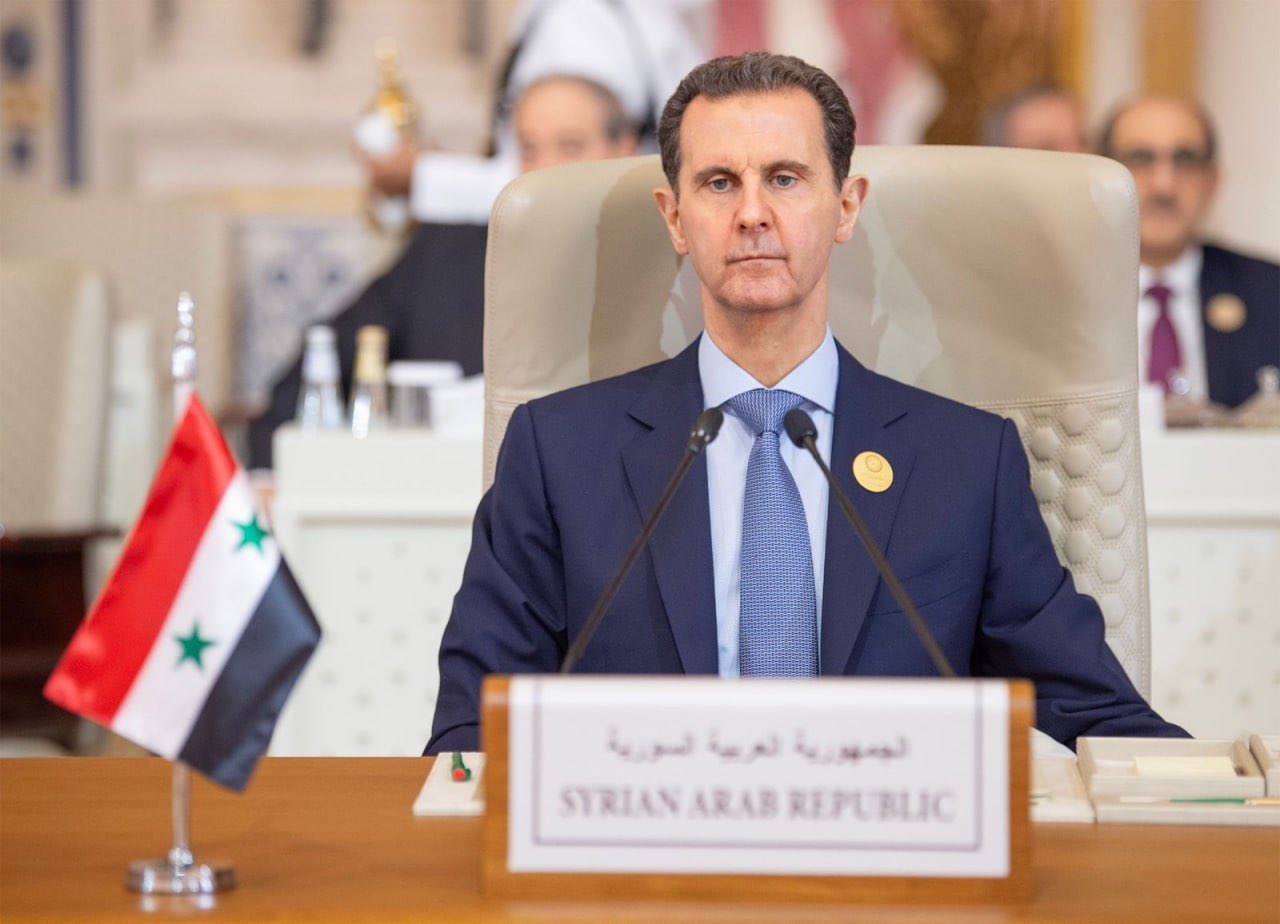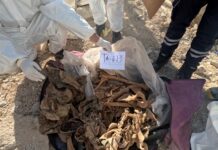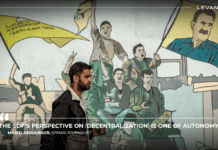
At the Arab-Islamic summit in Riyadh, Bashar al-Assad joined Arab leaders in condemning Israeli actions in Gaza and Lebanon, decrying what he called “genocide” against Palestinians. Similar to his speech at last year’s summit, his statements, however, stood in stark contrast to his own regime’s track record, which includes a history of abuses against Syrian civilians and Palestinian refugees in Syria, according to observers and human rights advocates.
In his five-and-a-half-minute speech, Assad focused on the need to stop what he described as “massacres” and “ethnic cleansing” by Israel while omitting any mention of Israel’s frequent strikes on Syrian soil or his regime’s decades-long repression. Assad’s call to “stop the genocide” struck many as ironic, given the Assad regime’s involvement in extensive human rights violations within Syria.
Analyst and specialist on Syria, Charles Lister commented, “Assad addressed Arab and Islamic world leaders today, calling for an end to ‘war crimes’ and ‘massacres’ in Gaza and Lebanon. What despicable hypocrisy and shame on everyone who sat by and listened.”
The Syrian Network for Human Rights (SNHR) estimates that Assad’s forces have been responsible for over 200,000 civilian deaths since 2011, including over 15,000 who reportedly died under torture. Furthermore, his government has detained more than 136,000 Syrians, with thousands still missing.
Despite his expression of solidarity with the Palestinian people, Assad’s regime has a long and troubling history of mistreatment toward Palestinian refugees in Syria. From the time of his father, Hafez al-Assad, Palestinian camps and communities have faced systemic repression. Notably, the Syrian military’s 1982 siege and destruction of the Palestinian town of Tal al-Zaatar in Lebanon killed thousands. More recently, during the ongoing Syrian conflict, Assad’s forces have blockaded and bombed Palestinian camps like Yarmouk in Damascus, leading to starvation and displacement.
Assad criticized Arab nations’ lack of action for the Palestinian cause, lamenting “the absence of Palestinian rights.” Yet critics argue his speech ignored his own regime’s role in worsening conditions for Palestinians, especially in Syria’s conflict zones. Reports from July and October of this year have documented some of the systemic abuses faced by Palestinians living in Assad-controlled areas.
The speech was also notable for what was left unsaid. Assad refrained from mentioning Israel’s repeated airstrikes on Syrian targets, nor did he address Israel’s occupation of the Golan Heights or its abductions and attacks on Syrian soil. For years, Israel has carried out military operations within Syria, often targeting Iranian-affiliated positions with little to no response from the Assad regime. Syrian and international critics argue that the regime’s silence on Israeli incursions underscores a willingness to tolerate these actions, as long as they do not directly threaten Assad’s hold on power.
“The priority now is to stop the massacres, ethnic cleansing, and genocide to which the Palestinian people are subjected,” Assad said, framing the Israeli government as a “colonial entity” and “criminal.” His comments sparked immediate backlash on social media, with many Syrians accusing him of hypocrisy. Activists noted that his words directly contradicted the actions, or inaction, of his government, which has reportedly used chemical weapons, indiscriminate bombing, and sieges against its own people.
The Syrian Civil Defense, or White Helmets, has documented a consistent pattern of the Syrian regime targeting civilian areas, including hospitals, schools, and residential neighborhoods, particularly in the liberated regions of Idlib and Aleppo. Assad’s appearance, some observers noted, seemed designed to redirect attention from the atrocities within his own borders by highlighting Israeli actions.
The Riyadh summit, which brought together leaders from across the Arab and Islamic world, was intended to address Israeli actions in Gaza and Lebanon. However, Assad’s presence highlighted a larger debate over accountability within the region. The human rights and international organizations have repeatedly called for Assad and his allies, including Russia and Iran, to be held accountable for war crimes committed in Syria.
In Riyadh, Assad’s appeal to “change the mechanisms and tools” for confronting Israel sounded hollow to critics who believe that the same call could be applied to his regime’s treatment of its own people.
As the summit closed, many Syrians around the world expressed frustration at what they saw as an attempt by Assad to position himself as a defender of Palestinian rights. For millions displaced and harmed by his brutal regime, Assad’s words served as a stark reminder of a system that has repeatedly violated the same humanitarian principles he accused Israel of disregarding.








